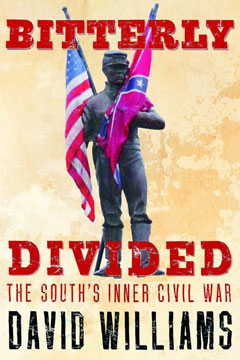 |
| A torchlight parade of SA formations passes in review before President Paul von Hindenberg, who sits in the window of the chancellery, on the night when Hitler was made Chancellor of Germany - USHMM |
Reading, Mass. : Addison-Wesley, 1996.
xii, 255 p., [32] p. of plates : ill. ; 23 cm.
This was a very readable and informative book. It is also a very disturbing and painful book to read, since I had not realized that the fortunes of the Nazis were very much in decline at the start of New Year, 1933. It really is a remarkable look at how Hitler insisted on an all or nothing offer of power, in spite of many pressures from within and without of the Nazi party for him to accept a coalition role in governing Germany.
There is much to ruminate over in this short, powerful look at the fateful month of January 1933: the willingness of the bourgeoisie to accept the violent and racist rule of the Nazis, the role of the rule of law in allowing the rise of dictatorial powers, the mistakes of elites in assuming they can control the representatives of vulgar right-wing populism. There is also just the awful realization of what handing the reins of power to Hitler will mean for the Germans, the Jews, and the world.
I would definitely recommend this book to any student interested in the rise of the Nazis.


